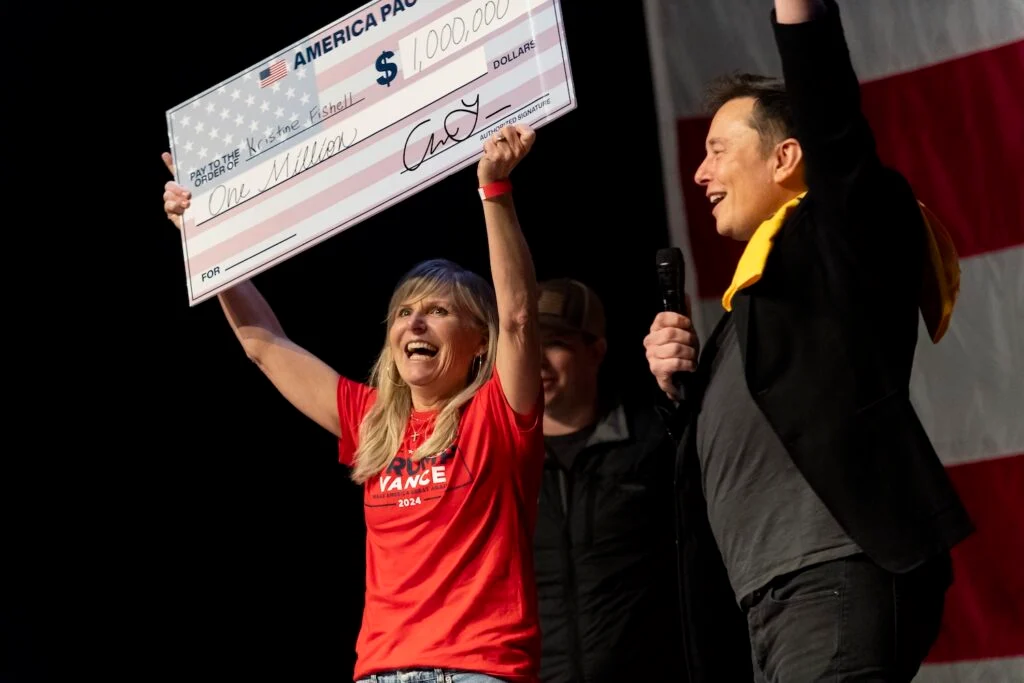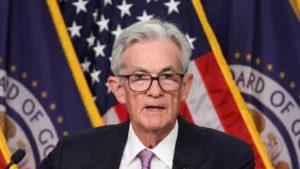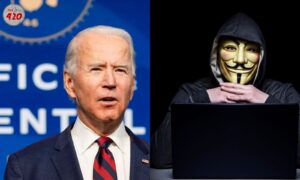
The Justice Department warns Elon Musk over his voter sweepstakes, raising legal concerns about the implications of his get-out-the-vote effort. The initiative, which offers monetary prizes to encourage voter participation, has sparked debate about whether it violates election laws, particularly concerning campaign finance regulations and the potential for undue influence.
Legal Concerns Over Elon Musk’s Voter Sweepstakes
Musk’s sweepstakes aims to boost voter turnout, a commendable goal in a democratic society. However, the Justice Department warns Elon Musk that offering large cash prizes to voters might blur the line between legitimate voter encouragement and illegal voter incentives. The key issue lies in whether this effort could be seen as coercing or improperly influencing voters, which is strictly prohibited by U.S. election laws.
Elon Musk’s Defense of the Voter Sweepstakes
Despite the controversy, Musk defends his voter sweepstakes as a necessary push for higher voter turnout, especially among younger generations. He argues that voter apathy is a significant threat to democracy, and innovative methods are needed to motivate participation. However, legal experts suggest that the monetary prizes could present an ethical gray area, possibly violating campaign finance laws that restrict the use of funds to sway voters.
Future Implications for Voter Engagement
As the Justice Department warns Elon Musk, this legal challenge brings attention to broader questions about how to engage voters without crossing legal boundaries. While technology and innovative strategies are essential in modern elections, maintaining the integrity of the voting process is paramount. This case could set a precedent for future voter engagement initiatives, highlighting the fine line between incentivizing participation and breaching election law.
Conclusion
The Justice Department warns Elon Musk over his controversial voter sweepstakes, raising critical concerns about election integrity and campaign finance rules. As the debate unfolds, it may reshape how companies and public figures approach voter engagement, particularly in high-stakes elections like the one in 2024.
image source – Michael Swensen / Getty


